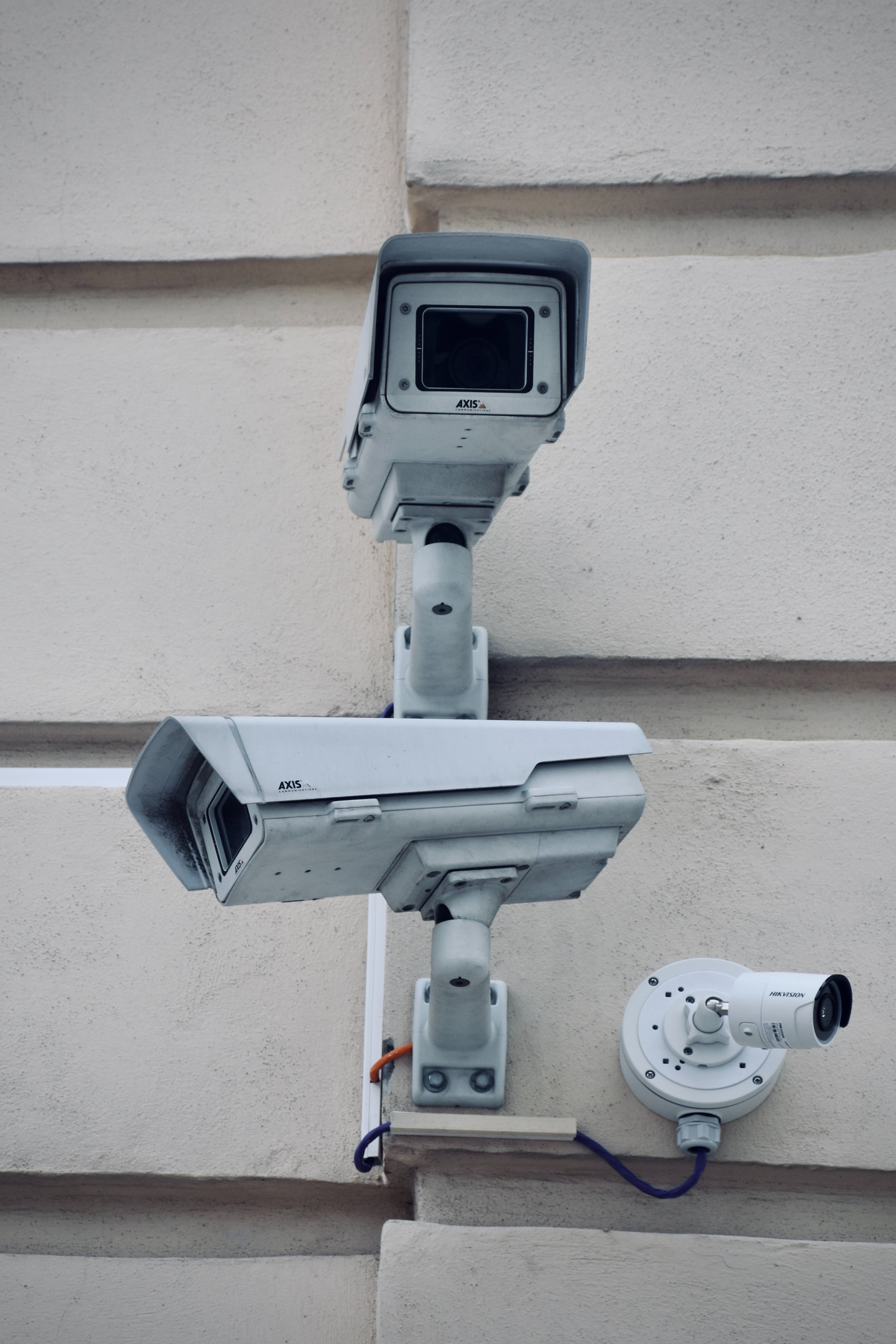When To Get Security Systems: A Must-Read Guide
Chapter 1: Assessing Your Needs
Before delving into the when, it's crucial to first understand why you need a security system. The reasons can vary widely, but common motivations include:
Home Security:
Protecting your home and family from burglaries, intruders, and emergencies like fires or carbon monoxide leaks.
Business Security:
Safeguarding your business premises, employees, and assets from theft, vandalism, and unauthorized access.
Peace of Mind:
The desire for added peace of mind, whether you're away from home or simply want to monitor your property remotely.
Insurance Benefits:
Many insurance companies offer reduced premiums for properties with security systems, making it a financially wise choice.
Crime Deterrence:
The presence of visible security cameras and alarms can deter potential criminals from targeting your property.
Once you've identified your primary motivations, you can better determine when to get a security system.
Chapter 2: Factors Influencing the Timing
Several factors should influence your decision regarding the timing of installing a security system:
Location:
Consider the crime rate in your area. High-crime areas may warrant immediate installation, while lower-crime areas may provide more flexibility.
Recent Events:
If you've experienced recent security breaches, break-ins, or incidents in your neighborhood, it's a clear sign that the time to act is now.
Family Changes:
Life events such as moving to a new home, having children, or elderly family members moving in may necessitate increased security.
Valuables:
If you own valuable assets or collectibles, it's wise to invest in security systems to protect them.
Travel Plans:
Upcoming travel plans can be a strong motivator for installing a security system to keep an eye on your property while you're away.
Business Growth:
As your business grows, so do its security needs. Investing in a security system at the right time can help safeguard your assets.
Budget:
Your financial situation plays a crucial role. Evaluate your budget and explore cost-effective security solutions if necessary.
Chapter 3: Types of Security Systems
Understanding the different types of security systems available can help you determine which one suits your needs and when to install it:
Burglar Alarm Systems:
These are designed to detect unauthorized entry into your property and trigger alarms. They're ideal for home and business security.
Surveillance Cameras:
Video surveillance systems provide real-time monitoring and recorded footage, allowing you to keep an eye on your property remotely.
Access Control Systems:
Access control systems regulate who can enter your property, making them invaluable for businesses with multiple access points.
Fire and Smoke Detection Systems:
These systems can save lives and property by alerting you to fires and smoke before they become uncontrollable.
Smart Home Security:
With advancements in technology, smart home security systems offer remote control and automation features, making them convenient and effective.
Environmental Sensors:
These sensors can detect issues like carbon monoxide leaks and water damage, preventing potential disasters.
Chapter 4: DIY vs. Professional Installation
Deciding between DIY installation and professional installation is another critical factor in determining when to get a security system:
DIY Installation:
If you're tech-savvy and on a tight budget, DIY security systems are a viable option. They're easy to set up, but they may lack the comprehensive coverage and monitoring offered by professional systems.
Professional Installation:
For complex systems or when you want 24/7 monitoring, professional installation is the way to go. This often includes expert setup, maintenance, and immediate response in case of alarms.
Consider your comfort level with technology, available time, and budget when deciding which installation option suits you best.
Chapter 5: The Importance of Monitoring
Monitoring is a crucial component of any security system. It ensures that your property is under constant surveillance, and actions are taken in case of any suspicious activities. Here are some key considerations:
Self-Monitoring:
Some systems allow you to monitor your property yourself through mobile apps or online platforms. While cost-effective, this approach may require your constant attention.
Professional Monitoring:
Professional monitoring services offer 24/7 surveillance by trained experts. They can dispatch authorities in case of emergencies, providing peace of mind.
Combination:
Some systems offer a combination of self-monitoring and professional monitoring, allowing you to customize your level of security.
Chapter 6: Legal and Ethical Considerations
Before installing a security system, it's essential to be aware of legal and ethical considerations:
Privacy Laws:
Ensure that your security system complies with local and national privacy laws, especially if it involves video surveillance in public areas.
Neighborly Relations:
Communicate with your neighbors about your security measures to avoid potential conflicts or concerns about privacy.
Ethical Use of Data:
If you collect data through your security system, use it responsibly and securely, respecting the privacy of individuals.
Chapter 7: Cost and Budgeting
Security systems come in a wide range of price points, making it essential to determine your budget and what you're willing to invest in security. Consider not only the initial setup costs but also ongoing expenses such as monitoring fees and maintenance.
Chapter 8: Getting Professional Advice
If you're unsure when to get a security system or which type is best for your needs, consult with security professionals. They can assess your property, recommend suitable systems, and provide guidance on installation and maintenance.
Chapter 9: Conclusion
In conclusion, the decision of when to get a security system depends on a combination of factors, including your specific needs, location, budget, and life events. Whether you're protecting your home or business, the key is to be proactive rather than reactive when it comes to security. By assessing your situation and understanding the available options, you can make an informed decision and take the necessary steps to enhance your security. Remember, security is an investment in peace of mind and the protection of what matters most to you.










